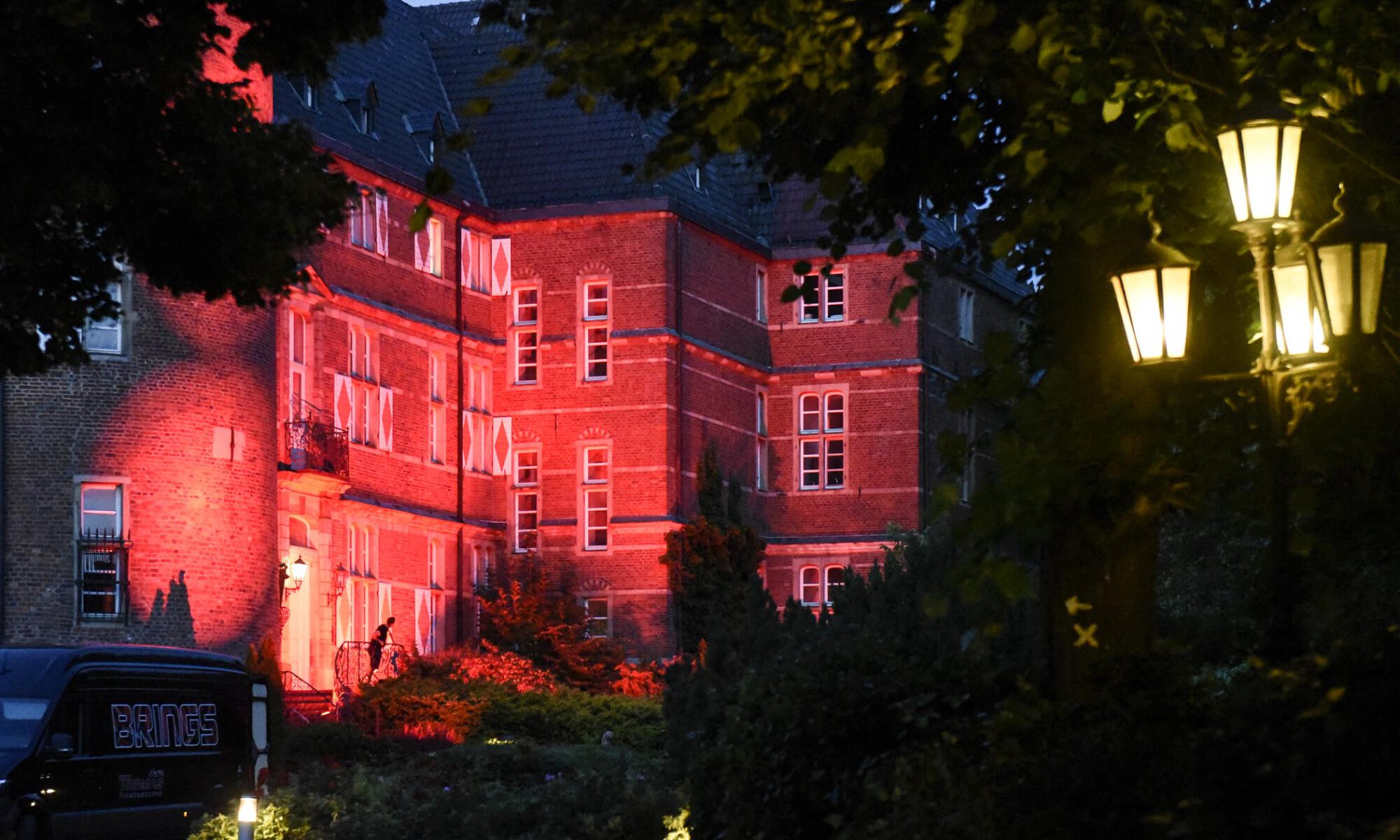Neighbour with a vein for old-fashioned townhouses
After a short, serious illness, the Brühler Herbert Poetes died on the morning of June 19, 2020. Our brief acquaintance comes to an abrupt end. It was only in the summer of two years ago that I met him as chairman of the museum association. There he immediately, quite bindingly, recognized himself as a "neighbor of opposite". A little later, on a Sunday morning – before my morning bartrasur – he sat at our kitchen table, quite energetic and in his typical, life-affirming way. "You have to know who you are dealing with," he said in his always somewhat blustering tone.
At that time he was concerned with the relocation of the milk bar in Carl-Schurz-Straße. As a relevant example of an economy of the 1950s, it was brought to the open-air museum Kommern by heavy transport. The preservation of this place, which he loved and frequented as a museum specimen, was one of many works that Herbert Poetes initiated in terms of the preservation of venerable Brühler houses.
Because "area renovation" was the keyword of the Brühler councillors at the end of the 1970s, when the Kaufhof moved into the city centre, Herbert Poetes had remembered at our first meeting. Their plans to demolish houses and open up canyons as access to the department store led to the birth of the initiative "Save Brühl, Now" under the direction of the artist Günter Krüger. At that time, the Kempishofstraße was to be expanded into a "main road".
"Today Kempishofstraße has become the flagship of the castle town. It was the initial ignition for the neighbors. Everyone started to renovate their houses."
Herbert Poétes, Chairman of the Museum Association
He was in his early 30s in demos, handouts and calls for signatures in the fight to preserve old houses, he told me. At that time, the initiative had suffered severe setbacks, as in the demolition of the Villa König at the end of the Mühlenbach, but the bottom line was that it had achieved successes. So the rescue of house no. 15 in Kempishofstraße. An old half-timbered building, "totally run down and then behind plaster", had proved to be a townhouse of some historical value from the 18th century and is said to have been the seat of the then castle architect Michael Leveilly.
The initiative resulted in the founding of the Museum Society e.V., of which the later chairman, Poetes, was one of its founding members. An association that received more than 500,000 Deutschmarks of capital from the Cultural Foundation of North Rhine-Westphalia for the renovation of today's Museum of Everyday History and was able to conclude an inheritance lease with the city for 30 years.
"Today Kempishofstraße has become a flagship for the castle town. It was the initial ignition for the neighbors. Everyone started to renovate their houses," poetes recalled. The museum society achieved similar success at House No. 10.
Today, the company uses the former furniture of a private individual as a ceramic museum with historical exhibits, but also as a cosy bistro and café. His voluntary work to preserve the two old Brühler houses was worthwhile. "That's what stays," the labor law lawyer said. Although he was retiring, the then 65-year-old said he continued to work, both in my career and in volunteering: "Otherwise I am far too bored and there is still so much beautiful to do."

